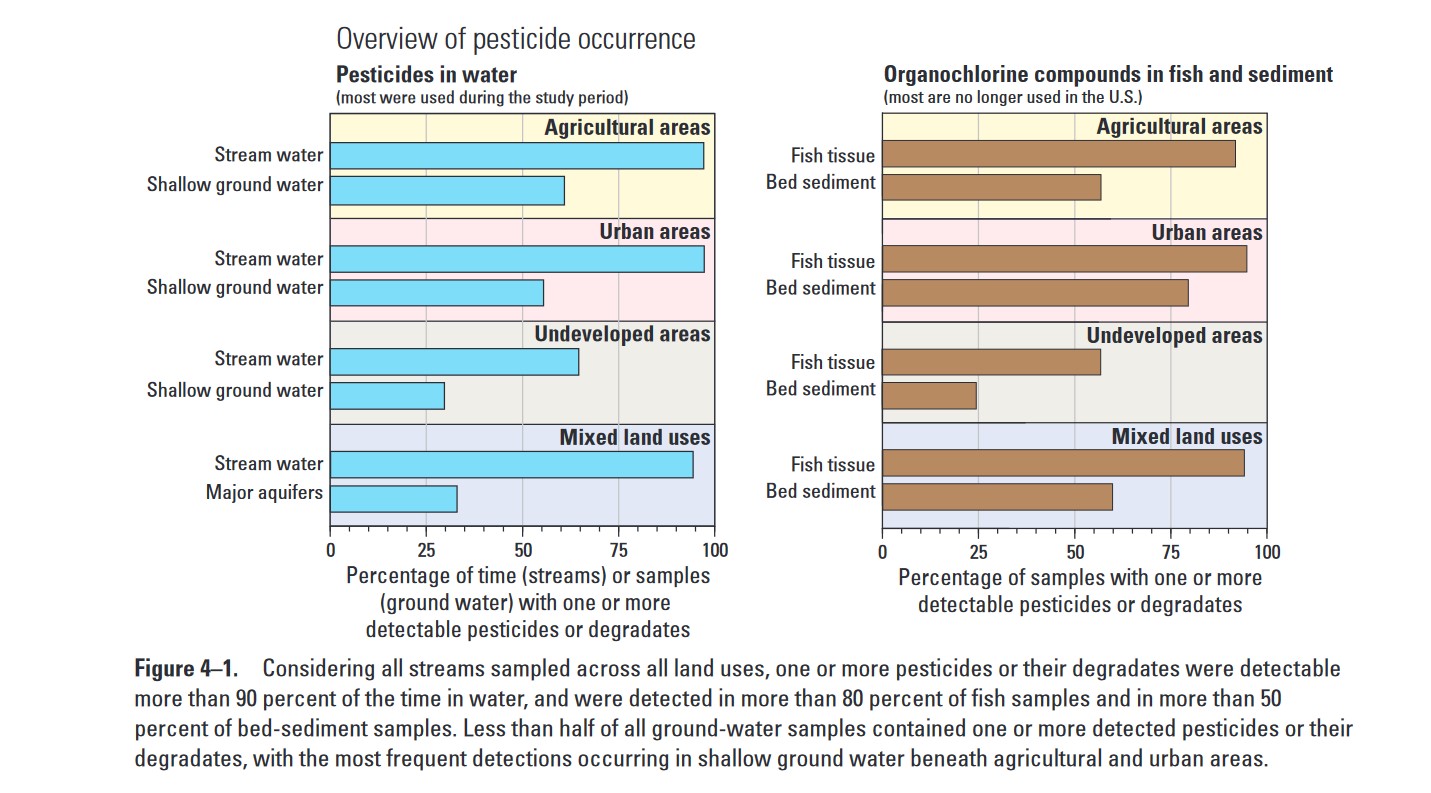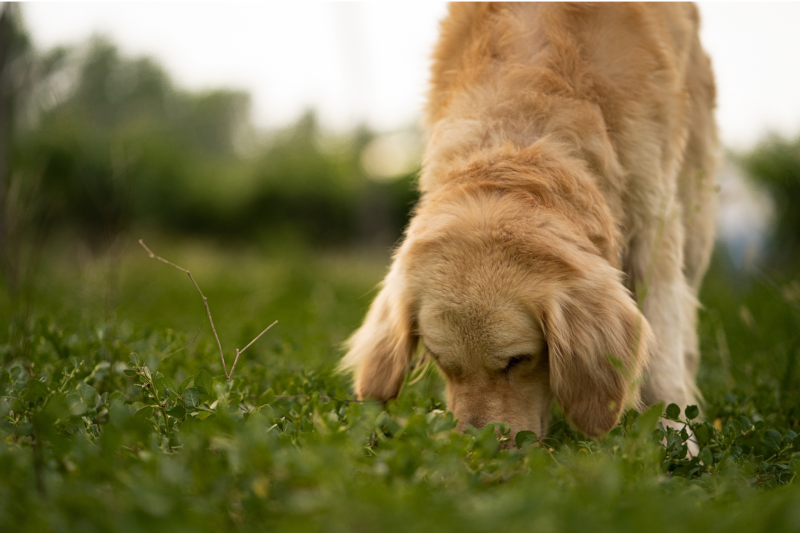
Environmental Harms
Pets, Wildlife, Water Supply
There are very serious risks to pets, wildlife and water.
What are the Risks?
How do lawn chemicals harm dogs and cats?
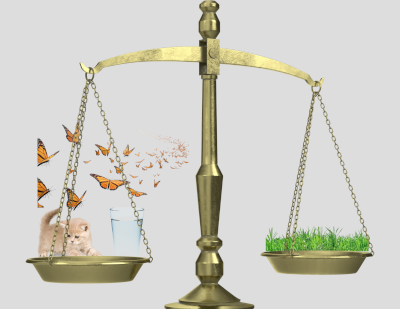
According to this article by the Humane Society, lawn chemicals are responsible for very serious harms including a 200% increase in lymphoma, and also other cancers. Exposure to pesticides have also been linked to seizures in dogs. Dogs are not only at risk from their own yards, but when they walk on a leash, they sniff the grass near the street. Or if the neighborhood has sidewalks, dogs walk on and sniff the strip of grass nearest the street that homeowners spray with chemicals. Many dogs like to lie down directly in the grass of their yard, and thus are exposed to a high level of chemical. Dogs will also track the chemicals into the home, onto furniture, carpets, and wherever they go. When cats are allowed outside, they suffer similarly.
Americans spend a lot of money on their pets, making sure they eat the best food, and get proper veterinary care, but then unknowingly put pets in harm's way by applying toxic chemicals to their yards which then go directly into the dog's bodies.
What about birds, bees, butterflies, other wildlife, and our water?
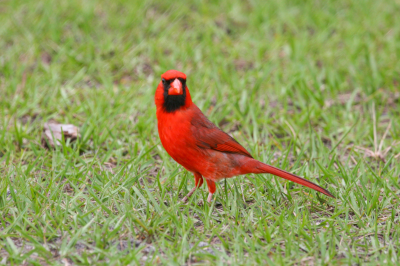
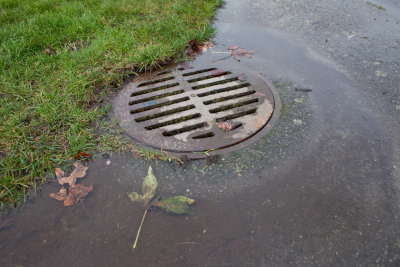
These chemicals are devastating for all wildlife. It is not uncommon to see birds, squirrels, rabbits, and bees on lawns newly sprayed with chemicals. There is a sign warning humans to keep off for 48 hours, but wildlife far smaller and more delicate isn't given the same warning. They eat the insects from the contaminated soil, eat the contaminated grass, drink the contaminated water after a rainfall or lawn sprinkler goes off, and bees fly onto contaminated flowers such as clovers (even though people are not supposed to spray open flowers, this rule is not always followed). There has been much said about saving the bees and an easy thing we can do is to stop poisoning lawns. It seems illogical to plant "pollinator gardens" right next to toxic lawns.
According to the EPA: "The use of lawn chemicals accounts for the majority of wildlife poisonings reported to the Environmental Protection Agency...Polluted storm water contaminates streams, rivers and lakes. It can kill or damage plants, fish and wildlife, while degrading the quality of our water."
Things are made even worse if you live near a river or pond, since the rain washes the chemicals into the waterways, contaminating the water and harming the aquatic life.
American Bird Conservancy: "Apart from the potential harm to humans and domesticated animals, as many as 67 million wild birds may be killed every year by pesticides in the U. S., though pinpointing the exact number is difficult."
Well Water
Special attention should be paid to pesticides in well water. Westchester has significant usage of well water, and the dispersion/impact of pesticide usage in one region may affect another. At the same time, local and timely testing may be expensive and/or difficult to find.
Ultimately, whatever we put in the water eventually makes its way to us, so the 90 million pounds of lawn chemicals used every year for purely aesthetic purposes will make its way back to us eventually.

The Safety Data Sheets on pesticides routinely cite the risks to our water supply. USGS from the US government explains the evolution of this risk to ground and well water to communities. Further, testing was done even as far back as 1992-2001, finding pesticides in stream and ground water. The ground water was slower to escalate, but more difficult to eliminate even over decades. The charts below from their reports indicate the concerns:
